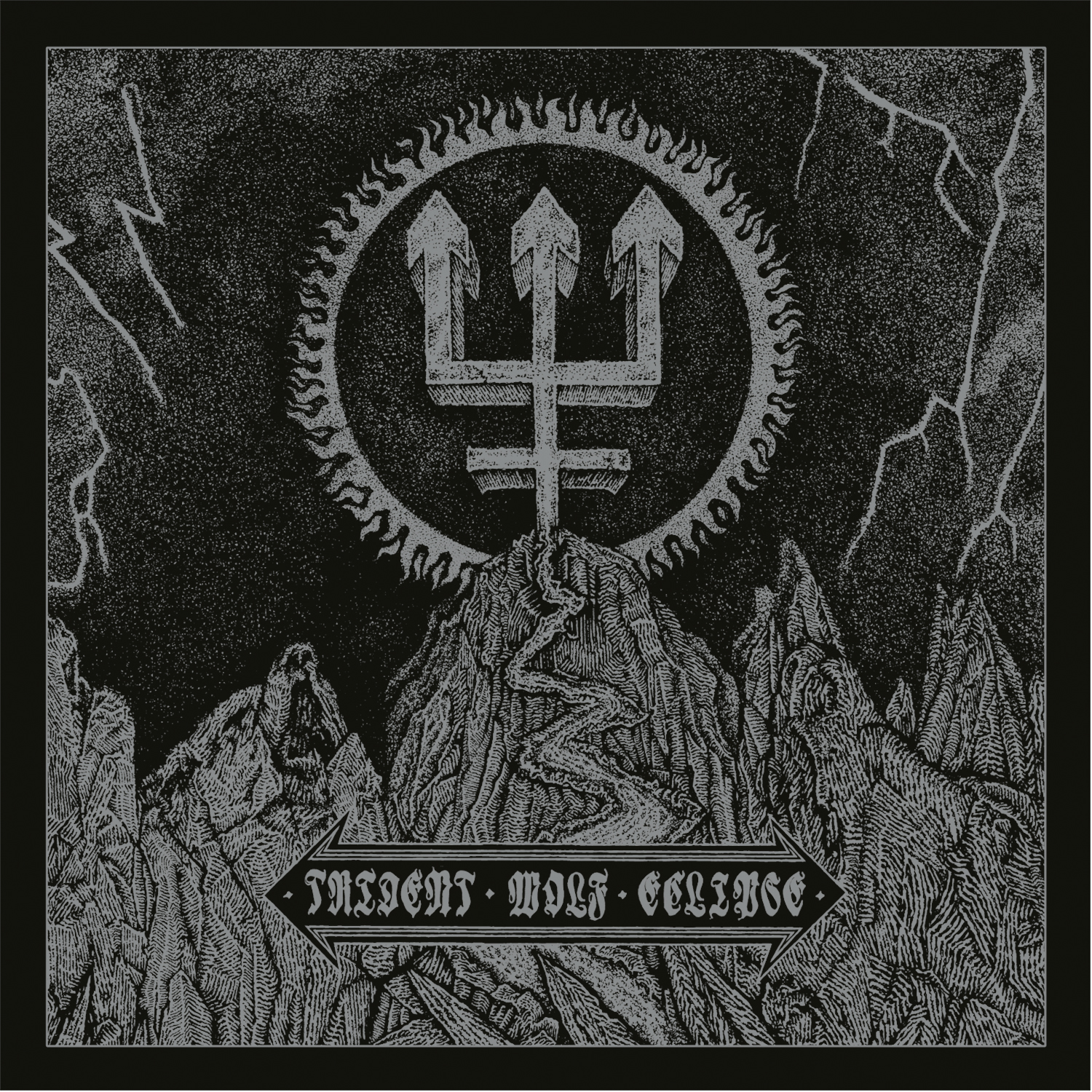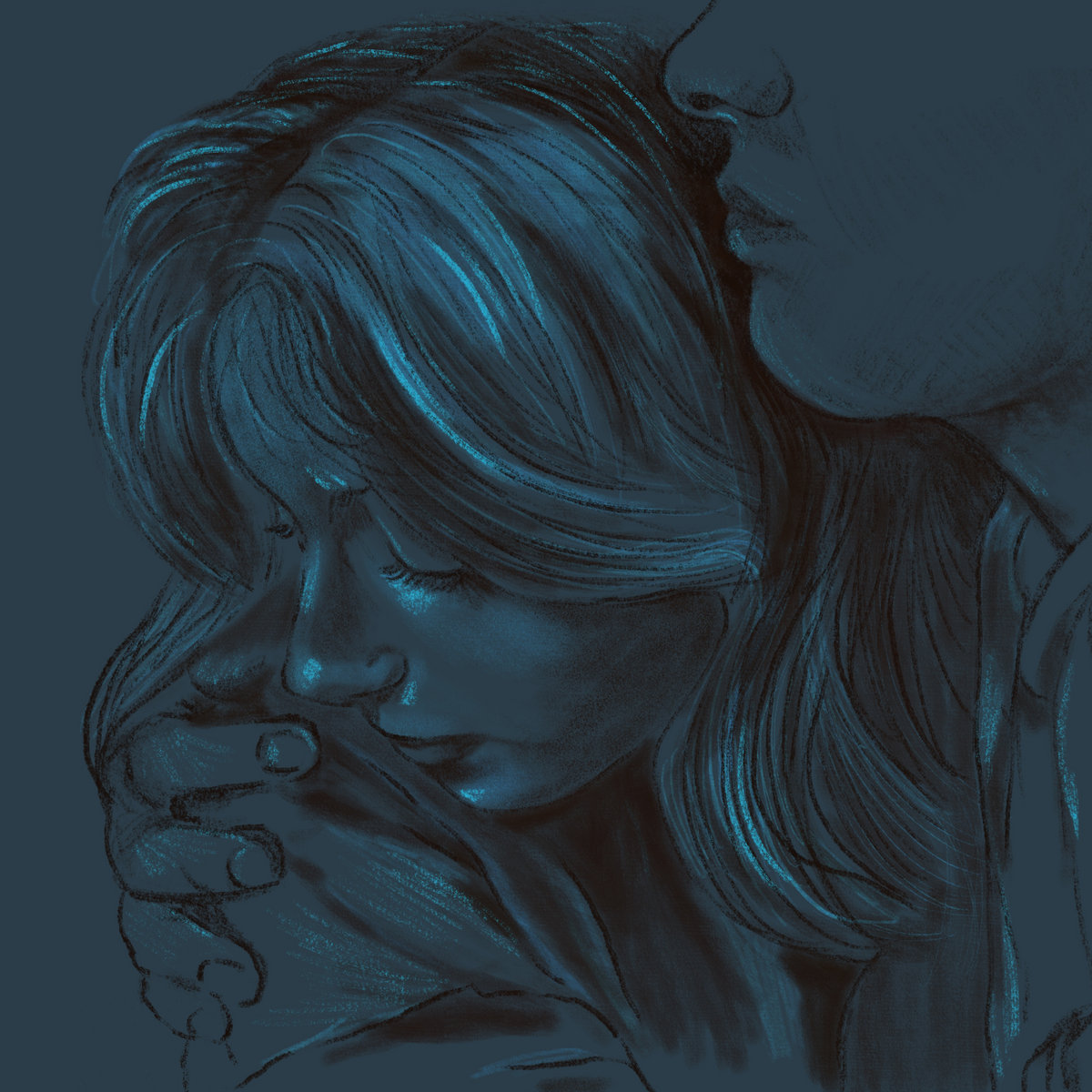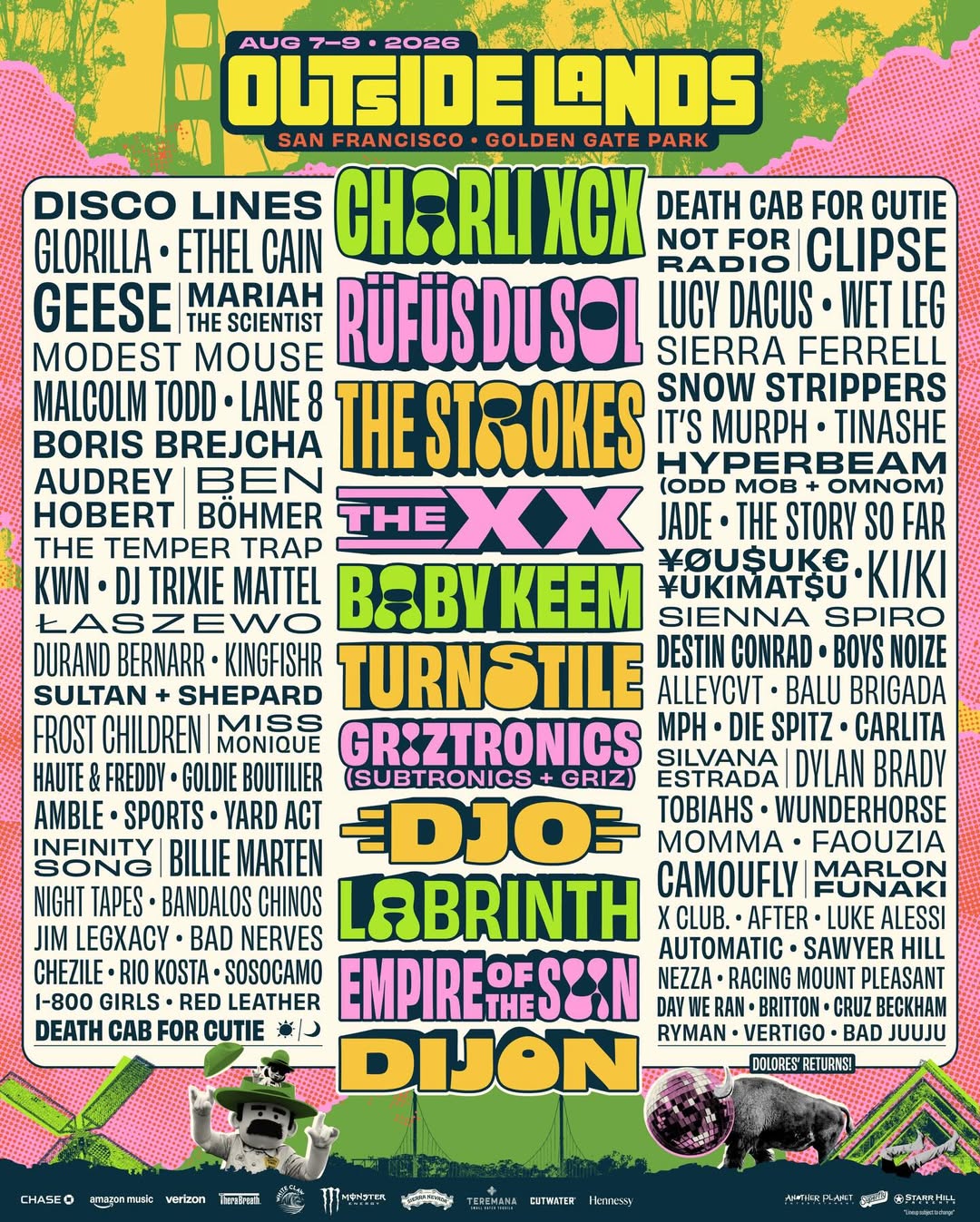Back in 2013, I attended a pre-release listening party for The Wild Hunt, the fifth studio LP from Swedish black metal trio Watain. The event was held on a Saturday or Sunday around noon at a Brooklyn metal bar called Duff's. On hand were a dozen or so metal writers from different publications, Watain frontman Erik Danielson, and a coterie of the band's reps, labelmates, and colleagues. It was a weird setting in which to be introduced to a new Watain album, but I came through because I loved Watain -- and also because, in 2013, a new Watain album was a huge fucking deal. The band had consistently expanded its sound over the course of its career, and after the release of LP4, 2010's Lawless Darkness, Watain were arguably the biggest active black metal band on the planet. What's more, they were primed for a greater leap still. Watain were never going to be as big as Metallica (or even Mastodon), but The Wild Hunt had the potential to be their "Black Album" (or The Hunter): a record that brought the mainstream to the band as much as it brought the band to the mainstream.
At the listening party, in the hour or so leading up to the "listening" portion of the afternoon, I was bullshitting with someone from the band's label, Century Media, who told me a little bit about Danielson's state of mind heading into the release of The Wild Hunt. Apparently, Danielson fully expected a large portion of Watain's established fanbase to hate The Wild Hunt, maybe to even disavow the band altogether, because of the softer textures and slower paces explored on the album, especially the centerpiece track "They Rode On" -- a loping, sentimental moment of clean-sung yearning that seemed designed to score a solemn montage on Sons Of Anarchy. It wasn't necessarily a ballad in the strictest sense, but for metal purists who have historically viewed ballads as synonymous with unpardonable treason, it was close enough. (It could have qualified as Watain's own "Nothing Else Matters," if that comparison is useful to you). Danielson had every right to assume he'd alienate a bunch of his base. But, per my source at the bar, Danielson felt strongly about the choices he was making. He felt that anything else would have been a betrayal of his own artistic integrity and impulses.
For that, Danielson should be applauded. On the other hand: "They Rode On" is a truly bad song. It's not really an act of treason -- it's got more in common with post-Hammerheart Bathory than Cold Lake-era Celtic Frost -- but it's just turgid and dull. And the rest of The Wild Hunt comprises similarly limp half-measures. (According to Wikipedia, I said some positive stuff about the album prior to its release, but the fact that I'm being reminded of this right now by Wikipedia should give you some idea of how well the thing has aged with me.)
Just the same, as of today, "They Rode On" is the #1-ranked "Most Popular" Watain song on Spotify, and its play count absolutely dwarfs just about every other song in the band's catalog. But it is empirically not a popular song. (By way of comparison, its play count falls some 150k spins short of Lawless Darkness' "Malfeitor," for reasons unknown to me.) I don't know how many old heads bailed when they heard The Wild Hunt, or how many new listeners came aboard, but whatever the case, the feeling I get is: It wasn't quite the ratio Danielson had expected. I think the general impression among Watain fans was that the band had just lost its edge on The Wild Hunt. A shame, but hardly shameful. It happens a lot in metal. It's hard to summon the raw intensity of youth when your youth is a thing of the past, especially when your past happens to contain some of the rawest, most intense music of its generation. And make no mistake, from 2003 - 2010, Watain were a force to be reckoned with. You can't fake that and you can't recreate that, even though roughly half the metal industry is populated by bands trying very hard to make a convincing case otherwise. If Watain's best days were behind them, so be it -- because in Watain's day, they were very often the best, period.
I can't imagine anybody outside the band's circle had better-than-middling expectations for LP6, and I wouldn't believe anybody who told me they were prepared for what Watain have delivered in Trident Wolf Eclipse. This is easily the band's most ruthlessly intense album since 2003 sophomore LP Casus Luciferi, and it may in fact be the gnarliest, weirdest, darkest thing they've ever made. It sounds like, I dunno, a blackened war metal album as imagined/written/recorded by Wrest from Leviathan. It is surreal and encompassing and twisted. It barely ever lets up on the chaotic pace, and somehow, its occasional quiet moments are even more unsettling than all the surrounding fury.
In fairness, I've only listened to Trident Wolf Eclipse on headphones, and I have no idea what it might sound like playing through speakers across the room or (especially) in a live setting. There's a degree of detail here that might get lost in that translation, whereas songs like "Reaping Death" (from Lawless Darkness) or "Satan's Hunger" (from 2007's Sworn To The Dark) are built around arena-sized riffs that really ring out in open spaces. Trident Wolf Eclipse sounds fucking enormous but it also sounds intimate -- the work of an obsessive craftsman who was fastidious in his approach -- and it rewards intimate attention.
It's tempting to say Trident Wolf Eclipse is Watain's most uncompromising album, but I don't think that's accurate: The Wild Hunt was ultimately less compromising still, because Danielson knew all along it could brick and he nonetheless chose to follow his muse. But Trident Wolf Eclipse is Watain's least accessible album, and the most exciting thing they've done in a decade. They may not be the biggest active black metal band on the planet anymore, but they've rarely been better than they are right now.
Trident Wolf Eclipse is out today via Century Media, and today is a damn good day to listen to Trident Wolf Eclipse. Stream it below.






